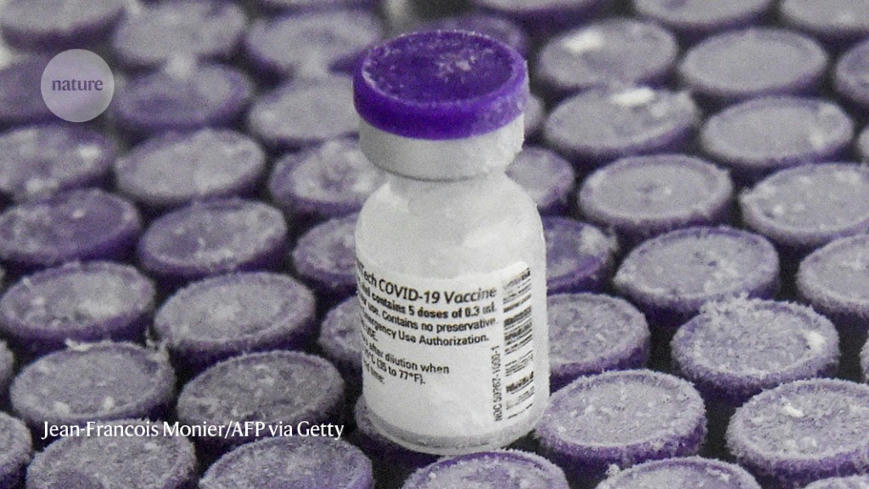
Katalin Karikó and Drew Weissman laid the groundwork for immunizations that were rolled out during the pandemic at record-breaking speed. This year’s Nobel Prize in Physiology or Medicine has been awarded to biochemist Katalin Karikó and immunologist Drew Weissman for discoveries that enabled the development of mRNA vaccines against COVID-19. The vaccines have been administered more than 13 billion times, saved millions of lives and prevented millions of cases of severe COVID-19, said the Nobel committee. Karikó, who is at Szeged University in Hungary, and Weissman, at the University of Pennsylvania in Philadelphia (UPenn), paved the way for the vaccines’ development by finding a way to deliver genetic material called messenger RNA into cells without triggering an unwanted immune response. They will each receive an equal share of the prize, which totals 11 million Swedish krona (US$1 million). Karikó is the 13th female scientist to win a Nobel Prize in medicine or physiology. She was born in Hungary, and moved to the United States in the 1980s. “Hopefully, this prize will inspire women and immigrants and all of the young ones to persevere and be resilient. That’s what I hope,” she tells Nature.
Read the full article at: www.nature.com
